The future of software engineering in the AI era promises a dynamic collaboration between human developers and AI-driven tools. While AI will automate routine coding tasks, like bug detection and code generation, it will not replace programmers. Instead, software engineers will focus on high-level problem-solving, creativity, and ethical decision-making. AI tools, such as GitHub Copilot and DeepCode, are already enhancing productivity by assisting with code quality and efficiency. In this rapidly evolving landscape, continuous learning and adaptability are key for developers to thrive, ensuring that AI complements rather than competes with human expertise.
Introduction: The Future of Software Engineering in the AI Era
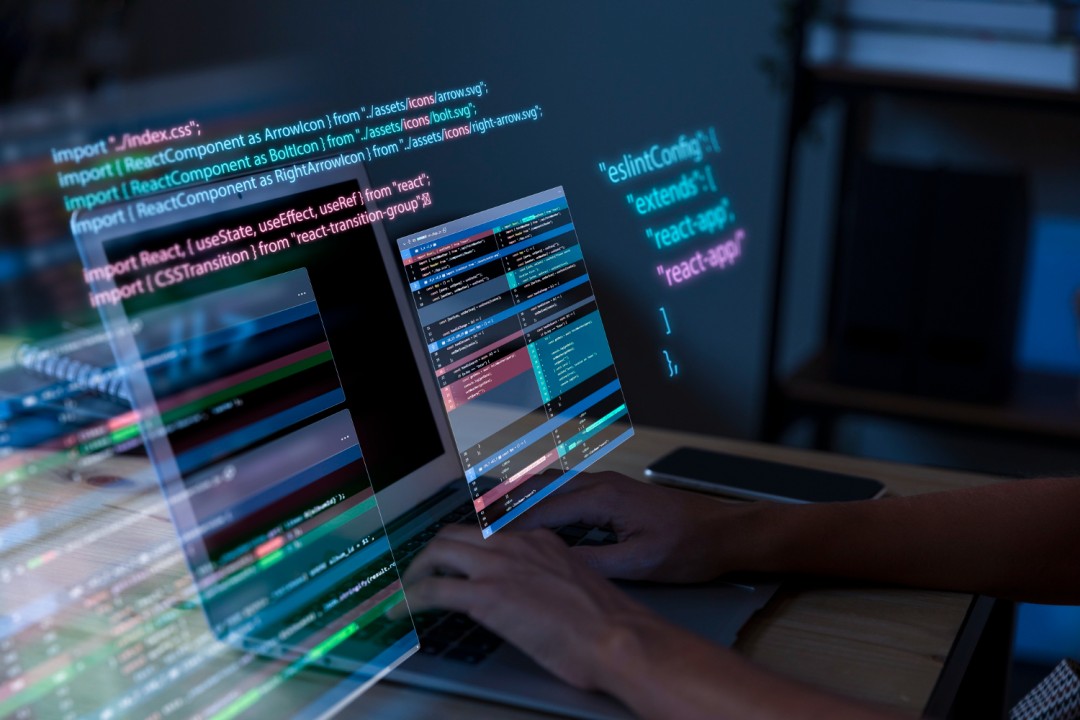
In today’s fast-paced tech world, where every industry is racing to incorporate the latest technological advances, software engineering stands at a critical crossroads. The rise of artificial intelligence (AI) is not just a passing trend but a profound shift that promises to redefine the very essence of software development. As AI becomes more sophisticated, it’s poised to fundamentally alter how software is created, maintained, and evolved.
But what does this future of software engineering look like? Will AI replace programmers, or will it serve as a powerful tool in their arsenal? According to recent discussions, there is a growing debate about whether AI will replace developers, but the consensus seems to be that AI will enhance rather than replace human capabilities. How will automation in software engineering change the job landscape for developers? More importantly, what skills will be necessary to thrive in this AI-driven world?
These are the pressing questions on the minds of everyone in the tech industry—from seasoned developers to students just starting their coding journey. For those interested in a broader view of how AI will shape the future of software engineering, this resource offers an extensive exploration of the topic. In this article, we’ll explore the future of software engineering, focusing on the significant role AI will play and how developers can adapt to this new era. Whether you’re a curious observer, an aspiring coder, or a veteran software engineer, this comprehensive guide is for you.
If you’re curious about the wider implications and future predictions in AI and software development, attending industry events or reading expert opinions is essential. This event hosted by TechUK is a great place to start.
The Transformational Impact of AI on Software Engineering
How AI is Currently Used in Software Engineering
To understand where software engineering is headed, it’s essential to start with how AI is already influencing the field. Today, AI is no longer just a futuristic concept; it’s embedded in the day-to-day workflows of software engineers.
- Code Autocompletion and Generation: AI-powered tools like GitHub Copilot and TabNine are revolutionizing how developers write code. These tools use AI to suggest code snippets as developers type, speeding up the coding process and reducing errors.
- Automated Testing: Traditional software testing is a labor-intensive process. AI-driven automated testing tools are changing that by identifying bugs and vulnerabilities more efficiently than manual methods. Tools like Selenium and Testim leverage AI to enhance test coverage and precision.
- Predictive Maintenance: AI is also playing a crucial role in maintaining software. By analyzing vast amounts of data, AI systems can predict potential software failures and suggest preventive measures before issues arise. This not only ensures better software quality but also reduces downtime.
- Natural Language Processing (NLP) in Code Documentation: Documentation is often a tedious task for developers. AI-powered NLP tools are stepping in to automate the generation of code documentation, making it easier for developers to create and maintain clear, concise documentation.
AI-Driven Software Engineering: A Glimpse into the Future
Looking forward, AI’s influence on software engineering is set to deepen. The future of software engineering with AI will likely involve even more sophisticated tools and practices that extend beyond the current capabilities. Here’s what the future holds:
- AI as a Design Partner: Imagine AI not just assisting with coding but actively participating in the design phase of software development. AI systems could analyze user requirements and design optimal architectures, potentially suggesting innovative solutions that humans might overlook.
- Automated DevOps: DevOps, the combination of development and IT operations, is essential for delivering software efficiently. In the future, AI could automate entire DevOps pipelines, from code integration to deployment, minimizing the need for human intervention. This would lead to faster release cycles and more reliable software.
- AI in Software Security: Security is a growing concern in software development. AI is expected to play a significant role in identifying and mitigating security threats. AI-driven security tools could monitor code in real-time, detecting vulnerabilities and recommending fixes before the code is even deployed.
- Personalized AI Assistants for Developers: As AI becomes more advanced, developers might have personalized AI assistants that understand their coding style and preferences. These assistants could help with everything from debugging to suggesting the best libraries for a particular task.
AI and the Evolution of Software Engineering Roles

Will AI Replace Programmers?
The question of whether AI will replace programmers is a hot topic. It’s easy to see why—AI’s ability to automate many aspects of software development is both impressive and somewhat unsettling. However, the consensus among experts is that while AI will change the nature of programming, it won’t entirely replace human programmers.
The Tasks AI Will Take Over
AI is most effective at handling repetitive and predictable tasks. In software engineering, this means tasks like:
- Writing boilerplate code: AI can generate repetitive code patterns, freeing developers to focus on more complex tasks.
- Debugging: AI can identify and fix bugs faster than humans, especially in large codebases.
- Testing and QA: AI-driven tools can perform exhaustive tests on software, ensuring that it meets quality standards without the need for extensive human input.
The Human Element: Where AI Falls Short
Despite AI’s impressive capabilities, there are areas where human programmers are still indispensable:
- Creative Problem-Solving: Writing unique algorithms, designing innovative software architectures, and solving complex problems require human creativity and intuition—traits that AI has yet to replicate.
- Ethical Decision-Making: As AI systems become more powerful, the ethical implications of their use become more significant. Human judgment is crucial in making decisions that align with ethical standards and societal values.
- User Experience (UX) Design: Understanding user behavior and creating intuitive interfaces requires empathy and creativity—qualities that are difficult to encode into an AI system.
AI and Coding Jobs: How the Job Landscape Will Change
While AI will undoubtedly take over some aspects of coding, it will also create new opportunities for those in the software engineering field. Here’s how AI will reshape coding jobs:
- New Roles in AI Development: As AI becomes more prevalent, there will be a growing demand for developers who specialize in AI and machine learning. These roles will involve training AI models, developing AI-powered applications, and ensuring that AI systems operate ethically.
- Hybrid Roles: In the future, we may see more hybrid roles that combine traditional software engineering skills with AI expertise. For example, a developer might work alongside AI to optimize software performance or develop AI-enhanced applications.
- Focus on High-Level Problem Solving: As AI takes over routine coding tasks, developers will have more time to focus on high-level problem-solving. This could involve designing complex systems, optimizing performance, or developing new technologies that push the boundaries of what’s possible.
AI in Software Engineering Education: Preparing the Next Generation
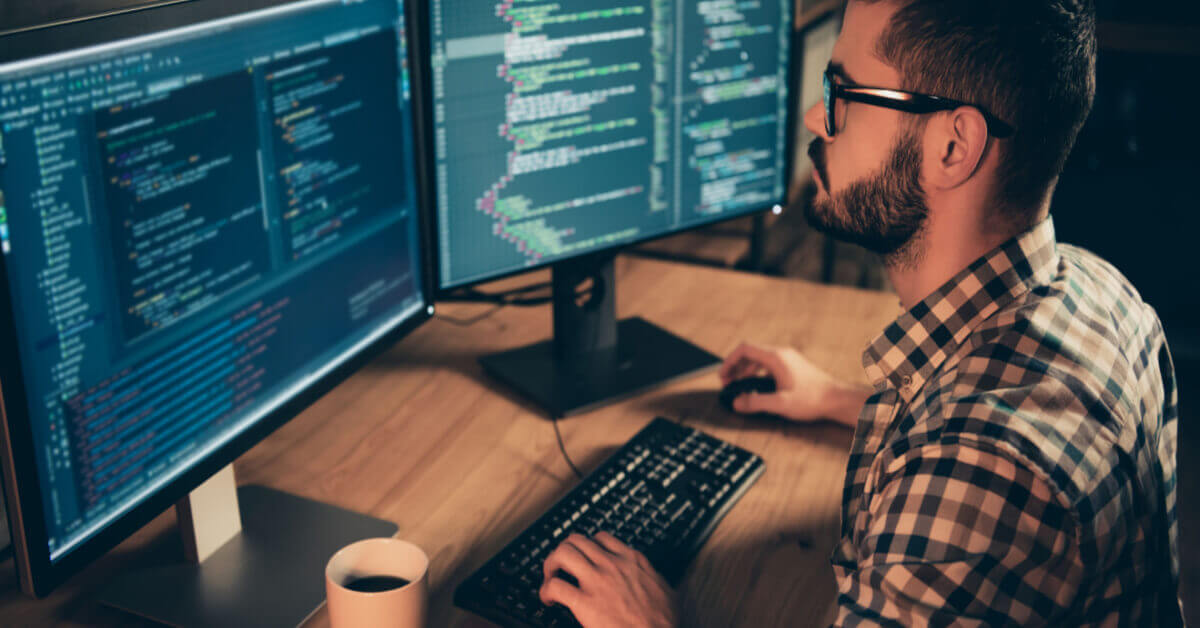
As AI reshapes the software engineering landscape, it’s essential that education keeps pace. Schools and universities must adapt their curricula to prepare students for a future where AI plays a central role in software development.
AI-Driven Learning Tools
AI is already being used to enhance education in many fields, including software engineering. AI-driven learning tools can provide personalized instruction, adapting to each student’s learning style and pace. For example:
- CodeTriage: This tool helps students practice their coding skills by recommending open-source projects that need contributions. By working on real-world projects, students can gain practical experience while AI provides guidance and feedback.
- Codio: This platform offers interactive coding exercises and assessments, using AI to analyze student performance and provide personalized recommendations for improvement.
Integrating AI into Software Engineering Curricula
To prepare students for the future of software engineering, educational institutions should integrate AI into their curricula. This could include:
- Courses on AI and Machine Learning: Understanding how AI works is essential for future software engineers. Courses on AI, machine learning, and data science should be a standard part of any software engineering program.
- Ethics in AI: As AI systems become more powerful, the ethical implications of their use become increasingly important. Students should learn about the ethical challenges associated with AI and how to navigate them in their careers.
- Hands-On AI Projects: Practical experience is crucial for learning AI. Schools should provide opportunities for students to work on AI-driven projects, allowing them to apply what they’ve learned in a real-world context.
AI Tools for Developers: Enhancing Efficiency and Innovation
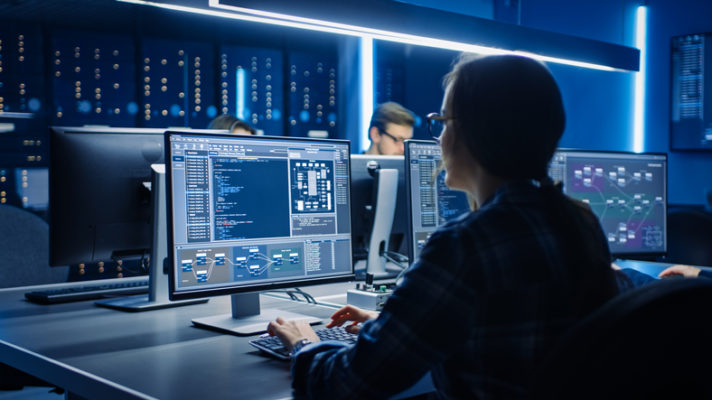
AI tools for developers are at the forefront of the AI revolution in software engineering. These tools are designed to augment human capabilities, making it easier for developers to create high-quality software more efficiently.
Popular AI Tools for Developers
Several AI tools are already making a significant impact on software development:
- GitHub Copilot: This AI-powered code completion tool helps developers write code faster by suggesting lines of code as they type. Copilot’s AI model is trained on billions of lines of code, allowing it to provide accurate and contextually relevant suggestions.
- TabNine: Another AI-powered code assistant, TabNine works with a wide range of programming languages. It uses deep learning models to predict what code the developer is likely to write next, speeding up the development process.
- DeepCode: An AI-driven tool that analyzes code for potential bugs and vulnerabilities, helping developers write cleaner code. DeepCode can understand the intent behind the code and suggest fixes that go beyond simple syntax errors.
The Future of AI Tools in Software Engineering
As AI technology advances, we can expect AI tools for developers to become even more powerful. Future AI tools might:
- Automate Entire Workflows: Imagine an AI system that can handle everything from writing code to deploying it, with minimal human intervention. This level of automation could revolutionize the software development process, reducing the time and effort required to bring a product to market.
- Collaborate with Developers: Future AI tools could act as collaborative partners, working alongside developers to solve complex problems. These tools might suggest innovative solutions, optimize performance, or even help with creative tasks like designing user interfaces.
- Enhance Code Quality: AI tools could analyze code for potential improvements, suggesting ways to optimize performance, reduce resource usage, or improve readability. This could lead to higher-quality software that is easier to maintain and scale.
Comparing Traditional Software Engineering with AI-Driven Approaches
To fully appreciate the impact of AI on software engineering, it’s helpful to compare traditional software engineering practices with AI-driven approaches. The table below highlights some of the key differences between these two paradigms.
| Aspect | Traditional Software Engineering | AI-Driven Software Engineering |
|---|---|---|
| Code Generation | Manual coding by developers | Automated code generation by AI |
| Testing | Manual and automated testing by humans | AI-driven automated testing |
| Deployment | Manual deployment with human oversight | Continuous deployment powered by AI |
| Bug Detection | Manual debugging | AI-driven real-time bug detection |
| Decision Making | Based on developer intuition and experience | Data-driven decisions powered by AI |
| Time to Market | Longer due to manual processes | Shorter due to AI-powered automation |
| Security | Manual security checks | AI-driven real-time security monitoring |
| Learning and Adaptation | Static systems that require manual updates | AI systems that learn and adapt over time |
The Ethical Considerations of AI in Software Engineering

As AI becomes more integrated into software engineering, it raises important ethical questions. Developers must consider the implications of their AI systems and ensure that they are used responsibly.
Bias in AI Systems
One of the most significant ethical challenges associated with AI is bias. AI systems are only as good as the data they are trained on. If the training data contains biases, the AI system is likely to replicate those biases. In software engineering, this could result in AI systems that favor certain groups over others or make unfair decisions.
To mitigate bias, developers must be vigilant in curating training data and ensuring that their AI systems are transparent and accountable.
Job Displacement
As AI takes over more tasks in software engineering, there is a risk of job displacement. While AI will create new opportunities, it will also render some jobs obsolete. It’s essential that the industry prepares for this shift by providing retraining and support for workers whose jobs are affected by AI.
AI and Privacy
AI systems often require large amounts of data to function effectively. This raises concerns about privacy, especially when dealing with sensitive information. Developers must ensure that their AI systems comply with privacy regulations and that data is handled responsibly.
Preparing for the Future of Software Engineering in the AI Era
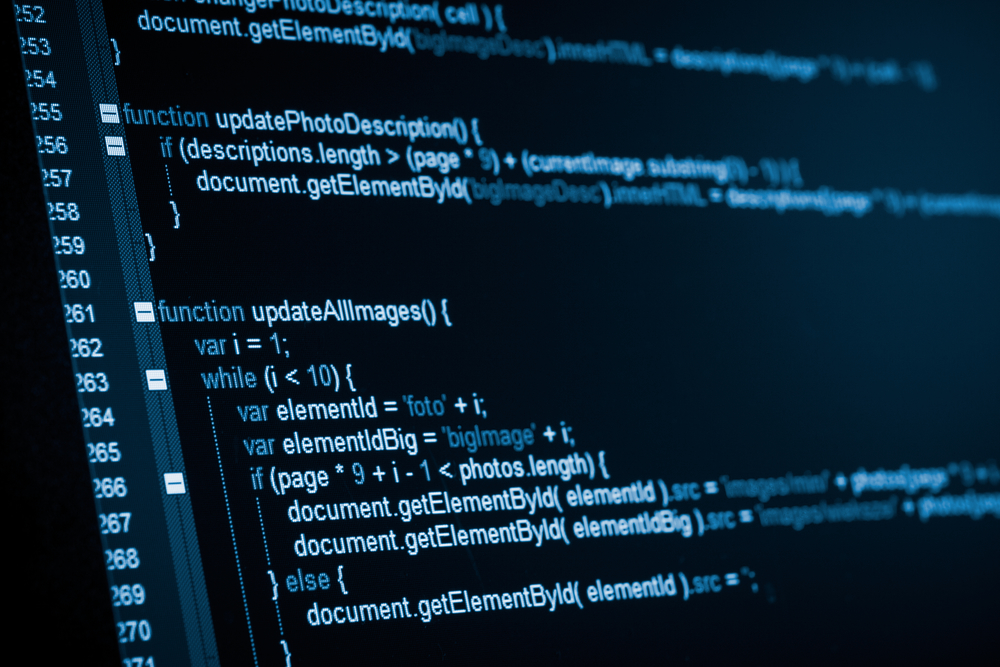
As AI continues to reshape software engineering, developers must be proactive in preparing for the future. Here are some strategies for staying ahead of the curve:
- Continuous Learning: The tech industry is constantly evolving, and AI is no exception. Developers should invest in continuous learning, whether through formal education, online courses, or hands-on experience with AI tools.
- Developing Soft Skills: As AI takes over routine tasks, soft skills like communication, collaboration, and creativity will become increasingly important. Developers who can work effectively in teams, communicate complex ideas, and think creatively will be well-positioned for success in the AI era.
- Embracing Change: The future of software engineering will be marked by rapid change. Developers who are adaptable and open to new technologies will thrive in this dynamic environment.
- Ethical Awareness: As AI systems become more powerful, ethical considerations will become increasingly important. Developers should stay informed about the ethical challenges associated with AI and strive to create systems that are fair, transparent, and responsible.
Conclusion: Embracing the AI-Driven Future of Software Engineering
As we navigate the rapidly evolving landscape of software engineering, it’s clear that AI is not just a tool but a transformative force. Rather than viewing AI as a threat, it’s essential to see it as a powerful ally that enhances our capabilities. The future of software engineering will be defined by this collaboration—where AI handles the heavy lifting of routine tasks, allowing developers to focus on what they do best: solving complex problems, designing innovative solutions, and pushing the boundaries of technology.
For those ready to embrace this change, the opportunities are immense. By staying adaptable, continuously learning, and honing both technical and soft skills, today’s software engineers can not only survive but thrive in this AI-driven era. The key is to be proactive, ethical, and open to new possibilities.
In the end, the future of software engineering isn’t just about AI taking over; it’s about humans and machines working together to create something greater than either could achieve alone. As we look to the horizon, the path forward is bright, promising a world of innovation, efficiency, and endless potential for those willing to embark on this journey.
What is the future of software engineering in the AI era?
The future of software engineering in the AI era involves increased automation, AI-driven tools, and a shift towards more strategic and creative roles for developers. While AI will handle routine tasks, human developers will focus on complex problem-solving and innovation.
Will AI replace programmers in the future?
AI will not completely replace programmers. Instead, it will take over repetitive tasks, enabling programmers to focus on higher-level responsibilities that require human judgment and creativity.
How is AI impacting software development?
AI is impacting software development by automating tasks such as code generation, testing, and deployment. This leads to faster development cycles, fewer errors, and more efficient software.
What are AI tools for developers?
AI tools for developers are applications that use artificial intelligence to assist in coding, testing, debugging, and deploying software. Examples include GitHub Copilot, TabNine, and DeepCode.
Which jobs in software engineering are at risk due to AI?
Jobs that involve repetitive tasks, such as manual testing and basic coding, are at risk of being replaced by AI. However, new roles, such as AI trainers and AI ethicists, are emerging.
Which software engineering roles are AI-proof?
Roles that require human intuition, creativity, and ethical decision-making, such as user experience design and ethical AI development, are considered AI-proof.


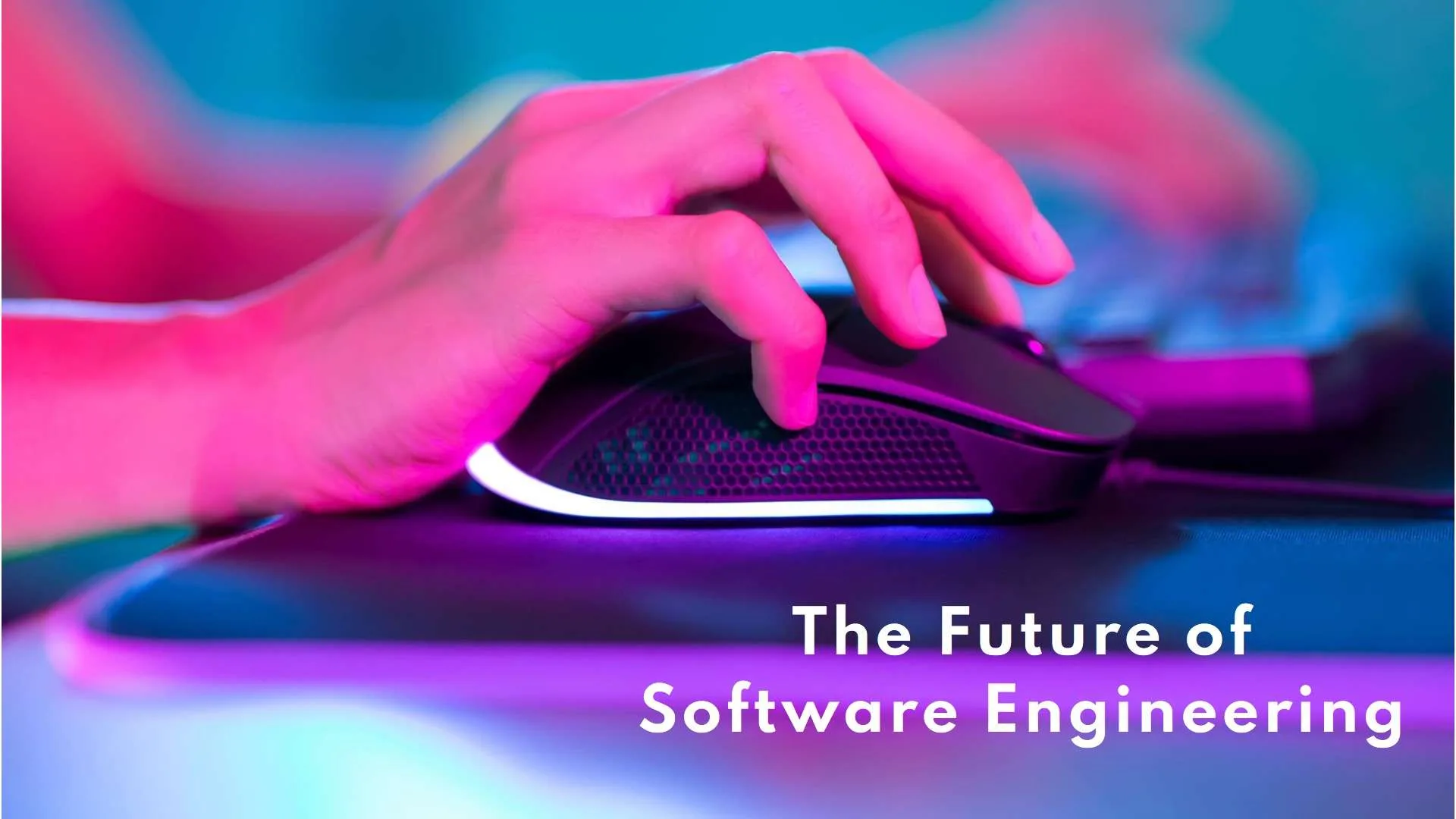
Your point of view caught my eye and was very interesting. Thanks. I have a question for you.